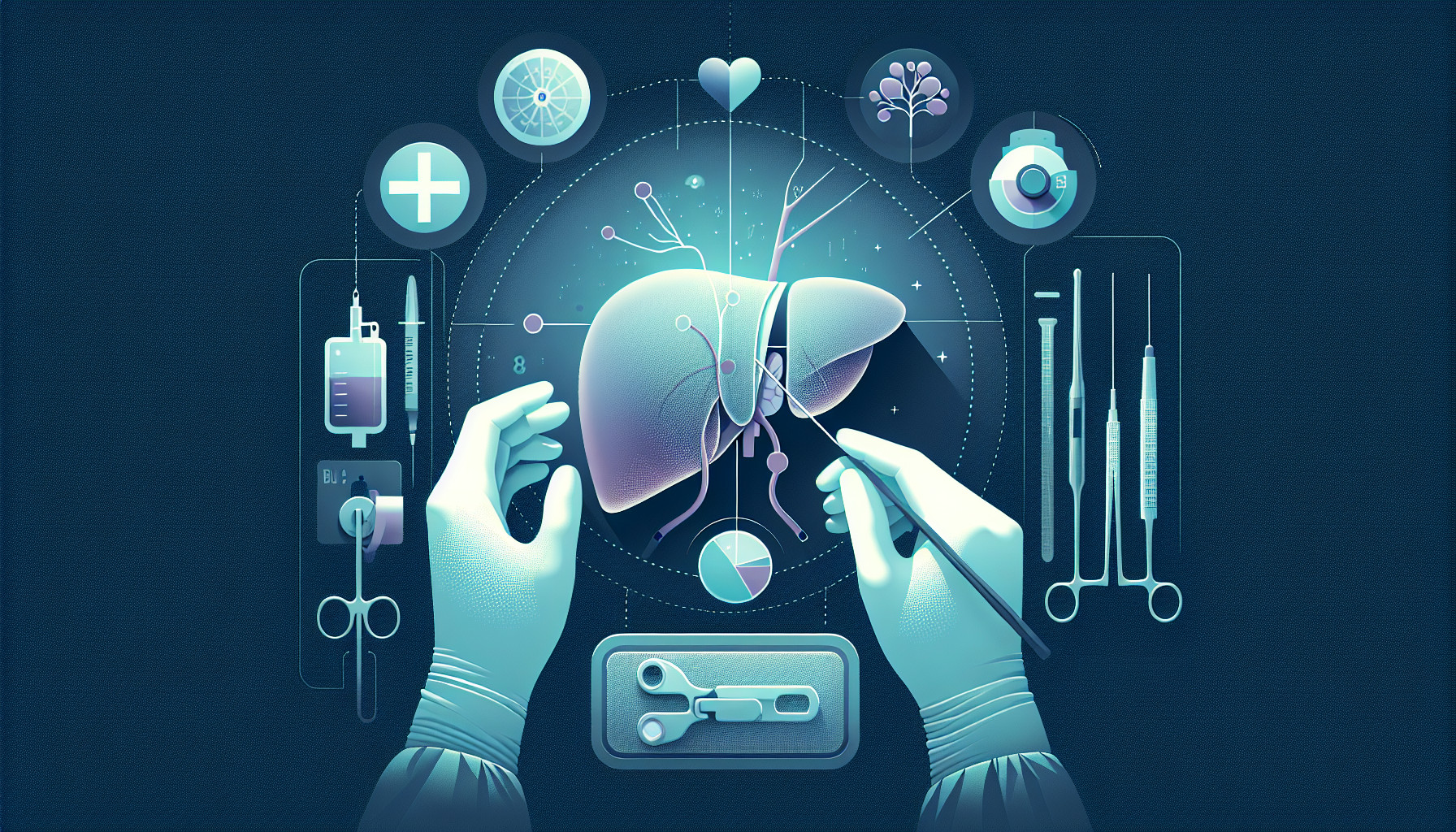Our Summary
This research paper focuses on the period of time when a child who has had a liver transplant becomes a teenager. This is often a difficult time emotionally, which can influence how well they stick to their medical treatment and could potentially lead to the transplanted liver failing earlier than expected. The researchers looked back at the medical records of 20 young people who had liver transplants as children and then transitioned to adult medical care. They found that the survival rate was over 90%, but the main issue was late acute rejection of the transplant, usually because the patients weren’t following their treatment plan properly. There were a few cases of the original liver disease coming back and new diseases developing in the transplanted liver. The researchers conclude that a specialized service for teenagers who have had transplants may be needed to make sure they get the best possible results.
FAQs
- What is the survival rate for children who have had a liver transplant and transitioned to adult medical care?
- What is the main issue faced by teenagers who have had a liver transplant during childhood?
- Why do the researchers suggest a specialized service for teenagers who have had liver transplants?
Doctor’s Tip
One important tip a doctor might tell a patient about pediatric liver transplant is to emphasize the importance of adhering to their medical treatment plan. This includes taking medications as prescribed, attending follow-up appointments, and following any dietary or lifestyle recommendations. It is crucial for the patient to take care of their transplanted liver to ensure its long-term success. Additionally, it may be helpful for teenagers who have had liver transplants to receive specialized care during their transition to adulthood to address any emotional or psychological challenges that may impact their adherence to treatment.
Suitable For
Patients who are typically recommended for pediatric liver transplant are those with end-stage liver disease or liver failure due to a variety of causes, including:
Biliary atresia: This is a condition in which the bile ducts inside or outside the liver are blocked or absent, leading to liver damage and failure.
Metabolic disorders: Certain metabolic disorders, such as Wilson’s disease, alpha-1 antitrypsin deficiency, and glycogen storage diseases, can cause liver damage and may require a liver transplant.
Acute liver failure: Some children may develop sudden and severe liver failure due to infections, toxins, or other factors, necessitating a liver transplant.
Chronic liver diseases: Chronic conditions such as autoimmune hepatitis, primary sclerosing cholangitis, and nonalcoholic fatty liver disease can progress to end-stage liver disease in children and may require a liver transplant.
Liver tumors: Children with liver tumors, such as hepatoblastoma or hepatocellular carcinoma, may require a liver transplant as part of their treatment.
Overall, pediatric liver transplant is recommended for children with irreversible liver damage or failure that cannot be managed effectively with medical treatment alone. Transplantation offers these patients the best chance for improved survival and quality of life.
Timeline
Before pediatric liver transplant:
- Patient is diagnosed with a liver disease that cannot be treated with medication or other interventions
- Patient undergoes extensive medical evaluations to determine eligibility for a liver transplant
- Patient is placed on the transplant waiting list and must wait for a suitable donor
- Patient may experience worsening symptoms and complications of their liver disease
After pediatric liver transplant:
- Patient undergoes surgery to receive a new liver from a donor
- Patient stays in the hospital for monitoring and recovery
- Patient must take immunosuppressant medications to prevent rejection of the new liver
- Patient undergoes regular follow-up appointments and medical tests to monitor the function of the transplanted liver
- Patient may experience complications such as rejection, infections, or side effects from medications
- Patient transitions from pediatric to adult medical care as they grow older
- Patient may struggle with adherence to treatment plan and emotional challenges as they enter adolescence
- Patient may require additional support and specialized care to ensure long-term success of the liver transplant.
What to Ask Your Doctor
- What are the risks and benefits of a pediatric liver transplant for my child?
- How long is the recovery process after a pediatric liver transplant?
- What kind of follow-up care will my child need after the transplant?
- What medications will my child need to take after the transplant and for how long?
- What are the signs of rejection or complications that I should watch out for in my child?
- How often will my child need to have follow-up appointments and tests after the transplant?
- Are there any lifestyle changes or dietary restrictions my child will need to follow after the transplant?
- Are there any long-term effects or complications my child may experience as a result of the transplant?
- Will my child be able to participate in physical activities or sports after the transplant?
- Are there any support groups or resources available for children and families going through the transplant process?
Reference
Authors: Rajchert J, Rosa M, Pawłowska J, Parczewski M, Wawrzynowicz-Syczewska M. Journal: Ann Transplant. 2016 Oct 18;21:644-648. doi: 10.12659/aot.899462. PMID: 27752034
